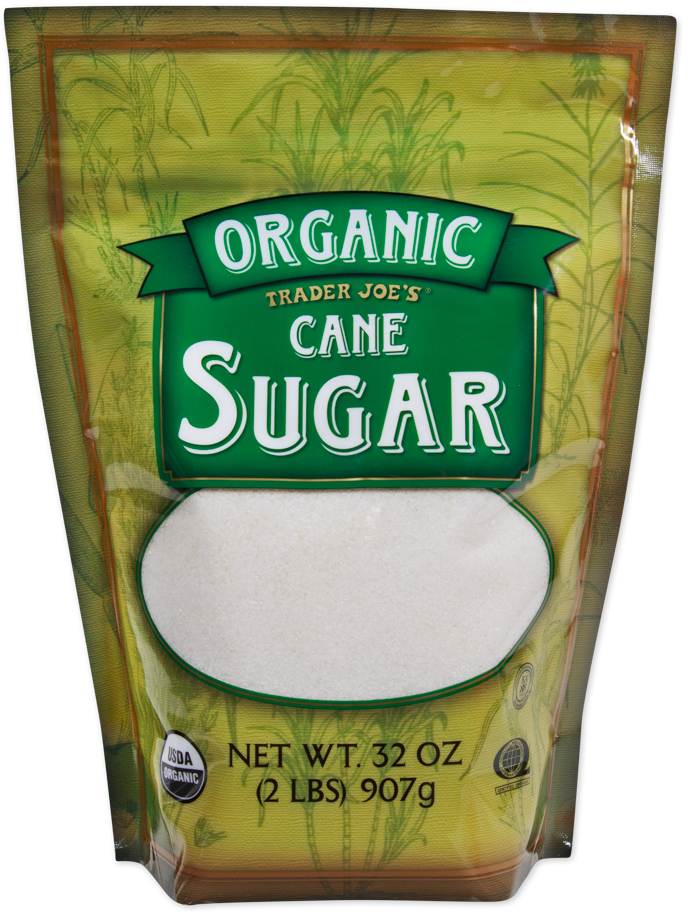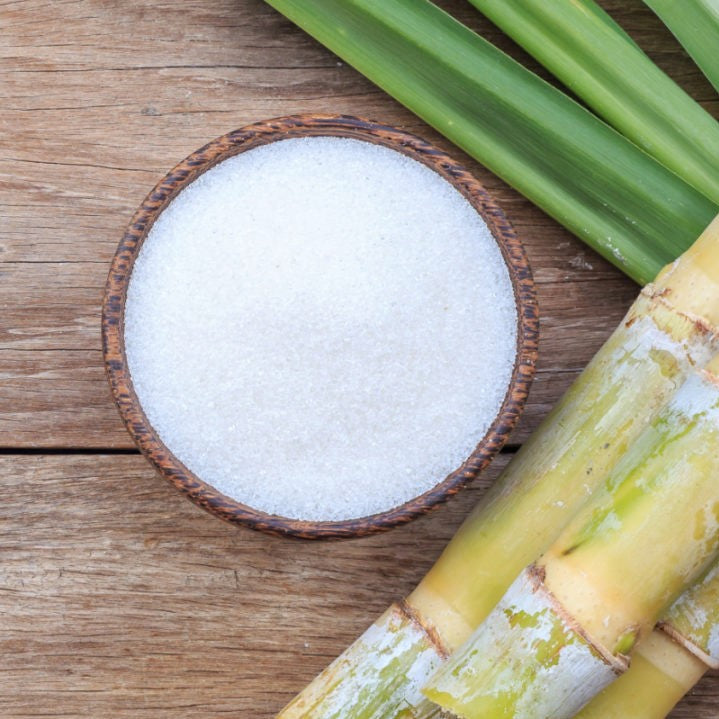A Detailed Introduction of the Wellness and Economic Ramifications of Cane Sugar Handling on Local Neighborhoods
Walking stick sugar handling plays a pivotal function in forming the financial landscape of local communities, providing employment possibilities and stimulating ancillary markets. Nevertheless, the wellness implications related to high sugar consumption can not be overlooked, as they add to climbing prices of excessive weight and diabetes. This nuanced vibrant welcomes a crucial exam of exactly how areas can optimize financial gains while attending to the pushing health and wellness challenges they face. The exploration of educational campaigns and lasting techniques might simply hold the secret to reconciling these contrasting passions. What strategies might communities apply to attain this balance?
Economic Benefits of Walking Stick Sugar Processing
Walking stick sugar processing uses considerable financial benefits that prolong past the prompt farming industry. The farming and processing of sugarcane develop countless task chances, from farming to manufacturing and distribution. This employment generation not just supports neighborhood economic climates yet additionally cultivates community growth by offering secure revenue resources for families.
Furthermore, the sugar sector boosts supplementary services, including transport, equipment supply, and packaging services (Cane Sugar Processing). As these industries expand, they add to a more robust financial structure, enhancing general area strength. The export possibility of processed cane sugar additionally magnifies financial benefits, placing areas as competitive players in worldwide markets
Investment in modern-day handling centers can bring about boosted productivity and effectiveness, thus reducing waste and enhancing resource use. This change not just benefits the neighborhood economic situation however likewise supports sustainability initiatives by reducing ecological impacts.
Additionally, the income generated from walking cane sugar handling can be reinvested in regional framework, education and learning, and health care, promoting holistic area growth. Overall, the economic advantages of cane sugar handling are complex, supplying a structure for sustaining prosperity in agricultural areas.
Health Dangers Related To Sugar Intake
Extreme sugar consumption presents significant wellness threats that call for major attention. High consumption of added sugars, especially from processed drinks and foods, has actually been connected to many health issues.
Furthermore, high sugar consumption is related to heart disease. Elevated blood glucose degrees can lead to insulin resistance, a forerunner to different heart-related problems. Additionally, sugar can have detrimental impacts on oral health, leading to tooth cavities and gum disease, as bacteria in the mouth flourish on sugar, generating acids that erode tooth enamel.
In addition, emerging study recommends a prospective link between high sugar usage and mental health problems, such as anxiety and anxiousness. As areas face these wellness dangers, it becomes vital to advertise recognition and urge much healthier dietary options. Dealing with sugar usage is essential not only for individual wellness however likewise for the total well-being of regional areas, stressing the demand for thorough public health and wellness strategies.
Ecological Impacts of Sugar Manufacturing
Frequently neglected in conversations about sugar's implications is the significant environmental influence of sugar production. The farming of sugarcane typically requires comprehensive land usage, resulting in logging, loss of biodiversity, and disturbance of local environments. The conversion of forests and wetlands right into sugar ranches can cause environment destruction, threatening various varieties and modifying eco-friendly balance.
Additionally, sugar production is resource-intensive, consuming considerable amounts of water for watering. This can bring about deficiency of local water resources, detrimentally influencing both agricultural techniques and neighborhood access to clean water. In addition, using chemical fertilizers and chemicals in sugarcane farming can add to dirt deterioration and water pollution, as overflow from these chemicals gets in nearby rivers and lakes, impacting aquatic life and human wellness.
The ecological footprint encompasses the processing stage, where power usage and waste generation further intensify ecological concerns. Air air pollution from burning sugarcane fields, together with greenhouse gas emissions, add to climate modification. Thus, the ecological implications of sugar manufacturing warrant major factor to consider, prompting stakeholders to take on more sustainable techniques to reduce these negative effects on regional environments and neighborhoods.
Job Creation and Neighborhood Advancement
The ecological challenges posed by sugar manufacturing are commonly counterbalanced by its capacity for economic advantages, specifically in job creation and area growth. The walking cane sugar industry acts as a significant source of from this source work in lots of rural areas, supplying work across different ability degrees, from farming labor to processing and distribution functions. This work not just sustains specific family members however additionally adds to the total economic vitality of regional communities.
Furthermore, the establishment of sugar handling facilities promotes ancillary companies, such as transport services, equipment supply, and maintenance service providers. As these companies prosper, they develop additional work and bolster regional economic situations. The profits produced from the sugar industry also causes boosted tax obligation earnings, which can be reinvested right into neighborhood solutions such as health care, infrastructure, and education and learning advancement.
Moreover, the sugar market commonly takes part in area growth campaigns, such as sustaining regional institutions and health and wellness programs, thereby enhancing the top quality of life for homeowners. By fostering solid area connections and promoting economic development, the cane sugar processing market plays an essential duty in uplifting neighborhood populaces, making it a necessary component of lasting development techniques in sugar-producing areas.
Harmonizing Health And Wellness and Economic Development
In navigating the complexities of walking cane sugar handling, a critical obstacle exists in balancing health factors to consider with financial growth. The sugar industry substantially adds to local economic climates by producing jobs, promoting associated sectors, and boosting tax incomes. Nevertheless, the wellness effects related to excessive sugar usage can result in chronic conditions such as excessive weight, diabetes, and cardiovascular problems, which can problem public health and wellness systems and reduce workforce productivity.

Additionally, governing structures can play a crucial function in assisting market imp source methods in the direction of more health-conscious and sustainable strategies. By cultivating collaboration between federal government bodies, health and wellness companies, and the sugar market, neighborhoods can browse the duality of health and financial development, guaranteeing that the benefits of cane sugar processing are equitably shared while focusing on public health and wellness.
Final Thought
To conclude, the processing of walking stick sugar offers both significant economic benefits and significant health risks for neighborhood communities. While it promotes job development and stimulates local growth, the associated health issues, particularly concerning obesity and diabetes mellitus, require a careful balancing act. By advertising accountable intake and investing in area education and sustainable practices, it is possible to optimize financial advantages while decreasing adverse health and wellness results, thus ensuring a healthier future for neighborhood populaces.
Furthermore, sugar can have damaging results on dental wellness, resulting in cavities and periodontal disease, as bacteria in the mouth grow on sugar, producing acids that wear down tooth enamel.
Dealing with sugar intake is crucial not just for specific health but likewise for the overall wellness of regional neighborhoods, highlighting the need for comprehensive public health approaches.
Frequently ignored in conversations concerning sugar's implications is the significant environmental influence of sugar production. The health ramifications associated with excessive sugar usage can lead to chronic illness such as excessive weight, diabetes, and cardio concerns, which can burden public wellness systems and decrease workforce efficiency.
